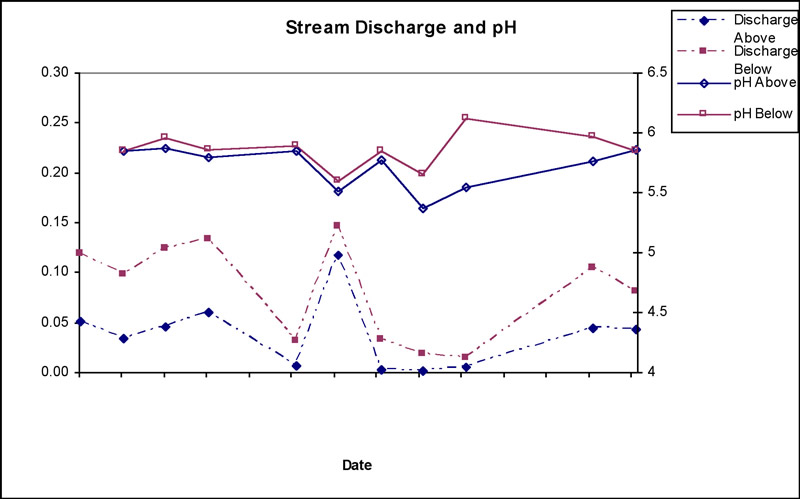Department of Plant, Soil, and Environmental Sciences
Wetland ecology as a discipline is only decades old. In past decades, research efforts have focused on aquatic systems (ponds, lakes, rivers, estuaries) or wetlands associated with open water systems (salt marshes, flood plains, freshwater marshes). Earlier research initiatives also focused on within-system (at the plot or site scale) processes and often did not take into account the role of terrestrial habitats (at local and landscape scales) or climate on wetland ecosystem functions. In the past decade, researchers have recognized that processes at multiple scales drive wetland ecosystem functions and that energy exchange and ecosystem support both between wetlands and between terrestrial and wetland systems must be considered to understand wetland integrity and function in the long-term. Changes in precipitation and temperature associated with climate change will drastically change wetland dynamics (e.g., community structure, carbon and nitrogen metabolism, hydroperiod). Understanding how these systems will change, which systems or classes are most sensitive to climate perturbations, and the implications for flora and fauna and biogeochemical processes is critical to effective wetland conservation. My research program focuses on geographically isolated (that is, wetlands not directly associated with open water) wetland functions (hydrological, biological, and biogeochemical) at both local and landscape scales. We consider wetland context in relation to terrestrial and other wetland systems.
The figure below shows the important role of small seepage wetlands (many not protected by current wetland regulations or even recognized as wetlands owing to aerobic WET soils) in supporting stream flow and chemistry at lower reaches of a watershed in Amherst, Maine, USA.

